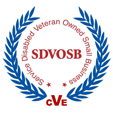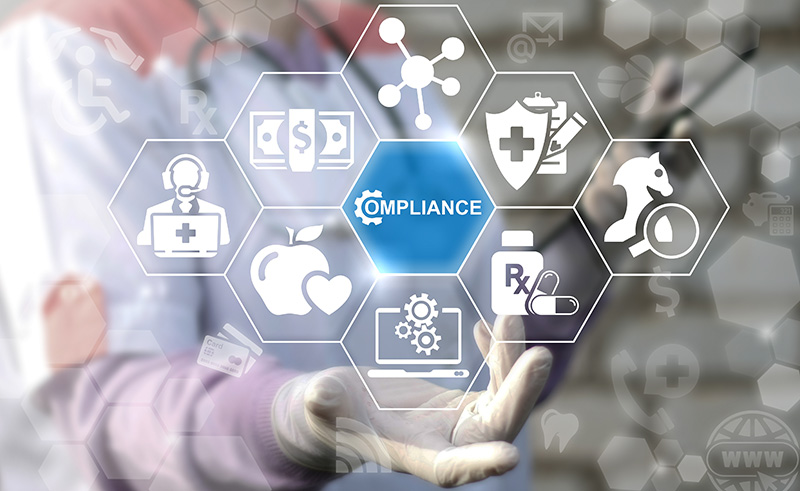Have you ever been surprised by a medical bill? You are not alone. That is why in December 2020, Congress passed the No Surprises Act to reduce unexpected medical bills for patients. If you work in healthcare, you know that this is never an intentional practice. The relationship between provider, patient, and payer can be a very complicated web of standards and regulations. There are even differences in coverage between federal and individual state regulations.
Understanding the No Surprises Act
The No Surprises Act is part of the 2021 Consolidated Appropriations Act — you can read the full bill here. It was put in place to protect consumers from surprise medical bills that can happen with certain out-of-network emergency care.
This is just one of the many new regulations in the bill that will work to advance interoperability in healthcare. But as the looming January 2022 implementation deadline approaches, actually implementing the regulations by the deadline might be a challenge for providers. That is because instead of billing the consumer first, the providers will have to bill the payer. This means that it will require new processes and practices for providers looking to build relationships with payers.
Maintain Compliance With This Important Legislation
That is where GigaTECH comes in. We look at how this affects healthcare organizations and how payers can go beyond basic compliance to get ahead of the new standard in healthcare transparency. Our focus is on delivering the seamless communication that this bill sets out to create between patient, payer and provider. This new vision for the healthcare ecosystem can be achieved through close coordination using innovative and scalable technologies like our Health Level 7® (HL7) Fast Healthcare Interoperability Resources® (FHIR).
We break it down in detail on our service page. >> Click here for more.
HL7 FHIR has been identified as the foundational standard for health data exchange, supporting the 21st Century Cures Act rule at 45 CFR 170.215. FHIR provides the data standards for internet data exchange via secure application programming interfaces (APIs), regardless of proprietary data formats or EHR-sponsored operating systems. HL7, an international standards organization, also identifies the guidelines for healthcare organizations to share and process information between systems in a uniform and consistent manner.
Contact GigaTECH to Begin the Path to Compliance
If you are a provider and are interested in learning more about GigaTECH and how we can help your practice with compliance with the No Surprises Act and its rapidly approaching January 2022 deadline, contact us. Our team is here to help simplify the complex technology and systems that run your practice.



